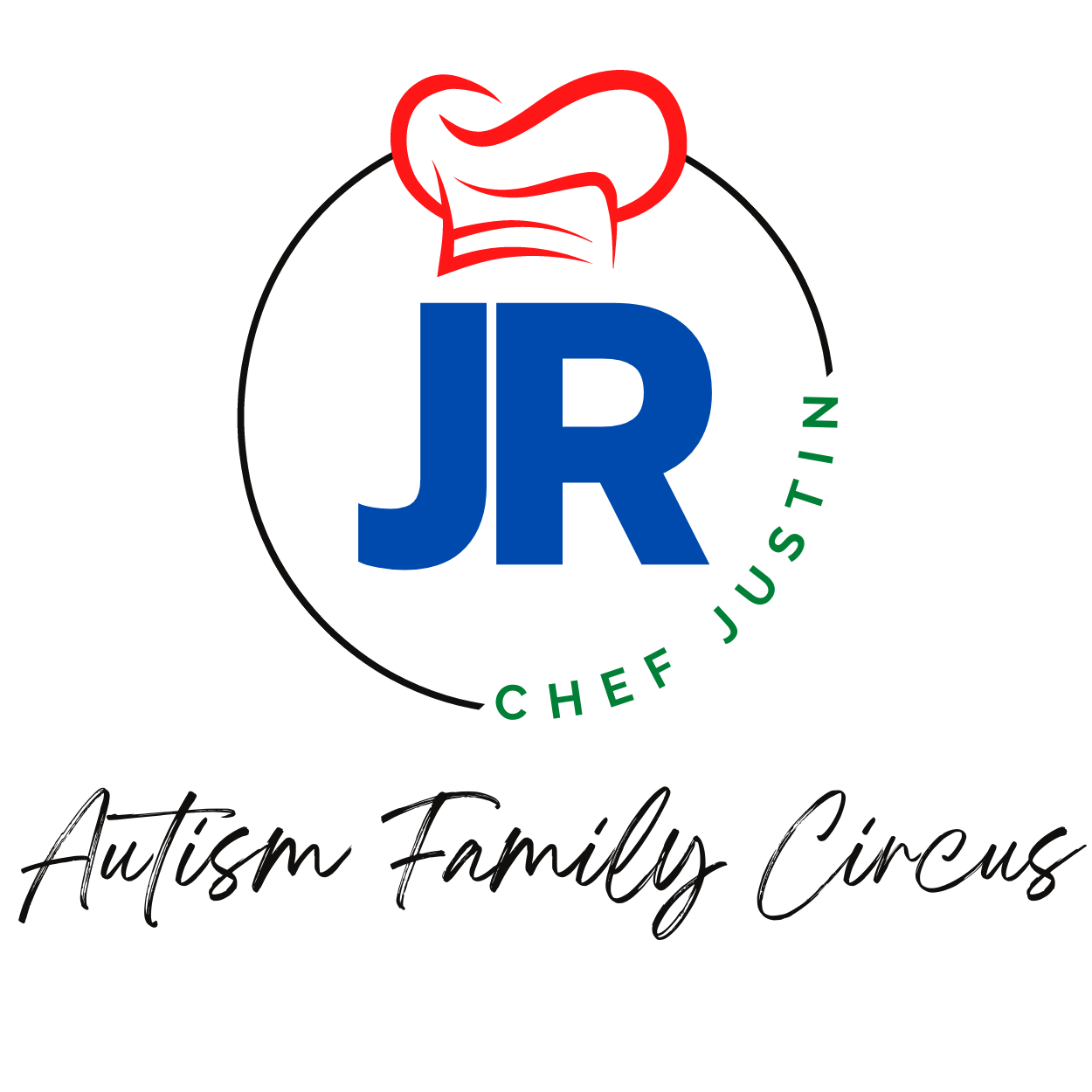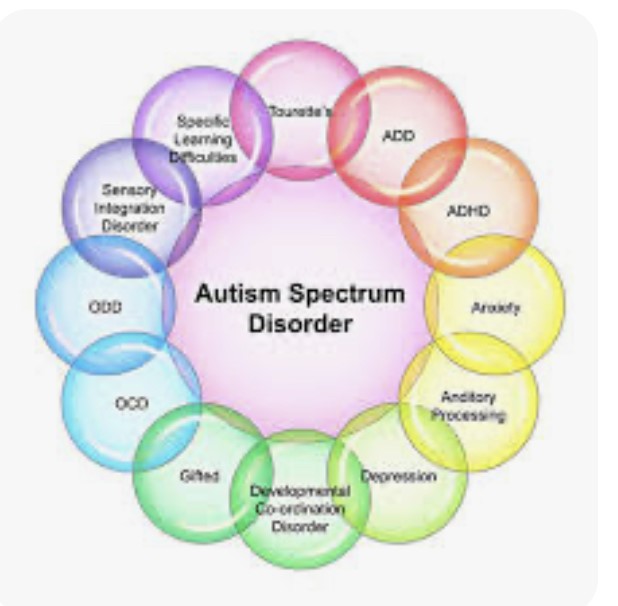Getting an autism diagnosis for your child can be a stressful and emotional experience, but it is also very important in order to access appropriate treatments and services. The process typically involves a combination of medical and psychological assessments.
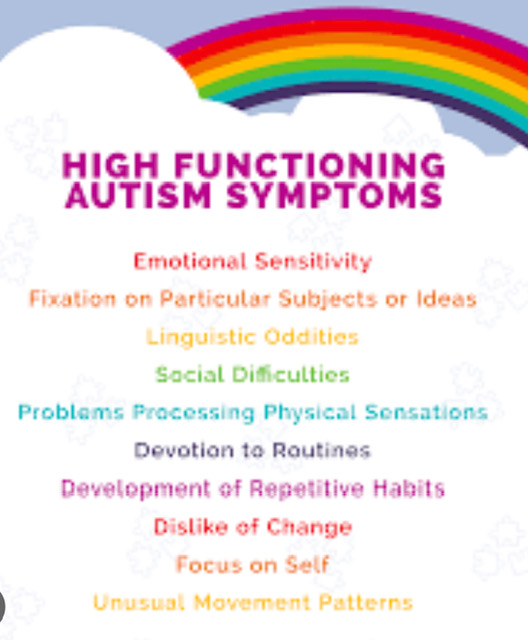 The first step is to talk to your child’s doctor or pediatrician and express your concerns about your child’s development. They can refer you to a specialist, such as a developmental pediatrician, psychologist, or speech-language pathologist, who can conduct further evaluations.
The first step is to talk to your child’s doctor or pediatrician and express your concerns about your child’s development. They can refer you to a specialist, such as a developmental pediatrician, psychologist, or speech-language pathologist, who can conduct further evaluations.
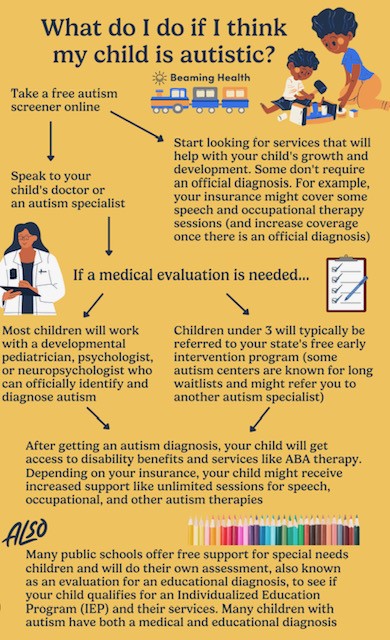 The specialist will typically conduct a comprehensive assessment of your child’s development. This may include physical and neurological examinations, as well as a developmental assessment. The specialist may also request information from parents or teachers about the child’s behavior.
The specialist will typically conduct a comprehensive assessment of your child’s development. This may include physical and neurological examinations, as well as a developmental assessment. The specialist may also request information from parents or teachers about the child’s behavior.
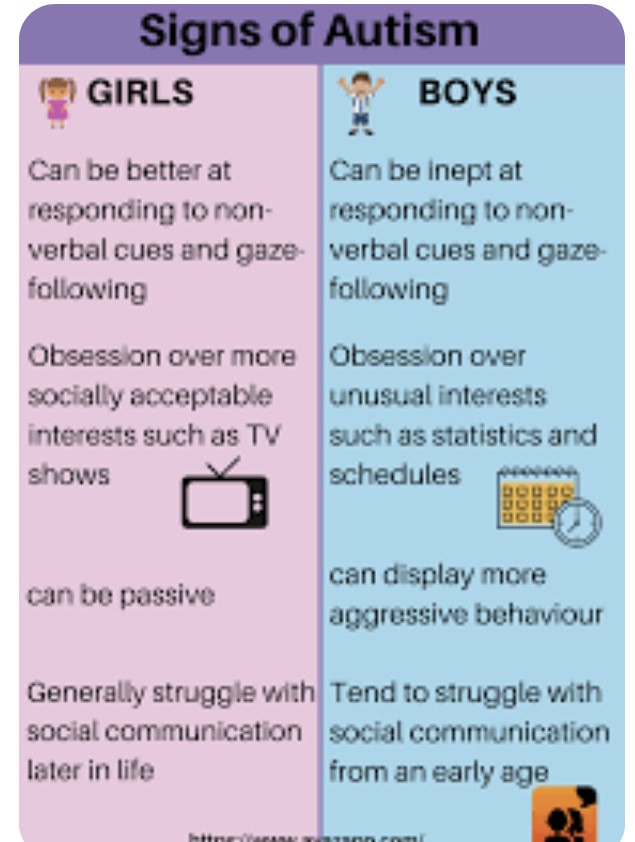 The specialist may also recommend additional assessments, such as genetic testing, brain imaging, or psychological testing. Depending on the results of the assessments, the specialist may diagnose your child with autism or refer you to another specialist for more comprehensive evaluation.
The specialist may also recommend additional assessments, such as genetic testing, brain imaging, or psychological testing. Depending on the results of the assessments, the specialist may diagnose your child with autism or refer you to another specialist for more comprehensive evaluation.
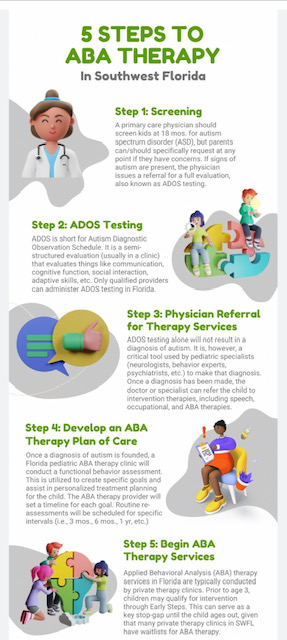
Once a diagnosis has been made, the specialist can help you create a treatment plan for your child. This plan may include interventions such as speech therapy, occupational therapy, and Applied Behavior Analysis (ABA). The specialist may also recommend medications, dietary changes, or other treatments.
 It is important to remember that there is no one-size-fits-all approach to treating autism. Every child is unique, and the treatment plan should be tailored to meet their specific needs. Additionally, it is important to keep up with regular checkups and assessments to make sure that your child is progressing.
It is important to remember that there is no one-size-fits-all approach to treating autism. Every child is unique, and the treatment plan should be tailored to meet their specific needs. Additionally, it is important to keep up with regular checkups and assessments to make sure that your child is progressing.
